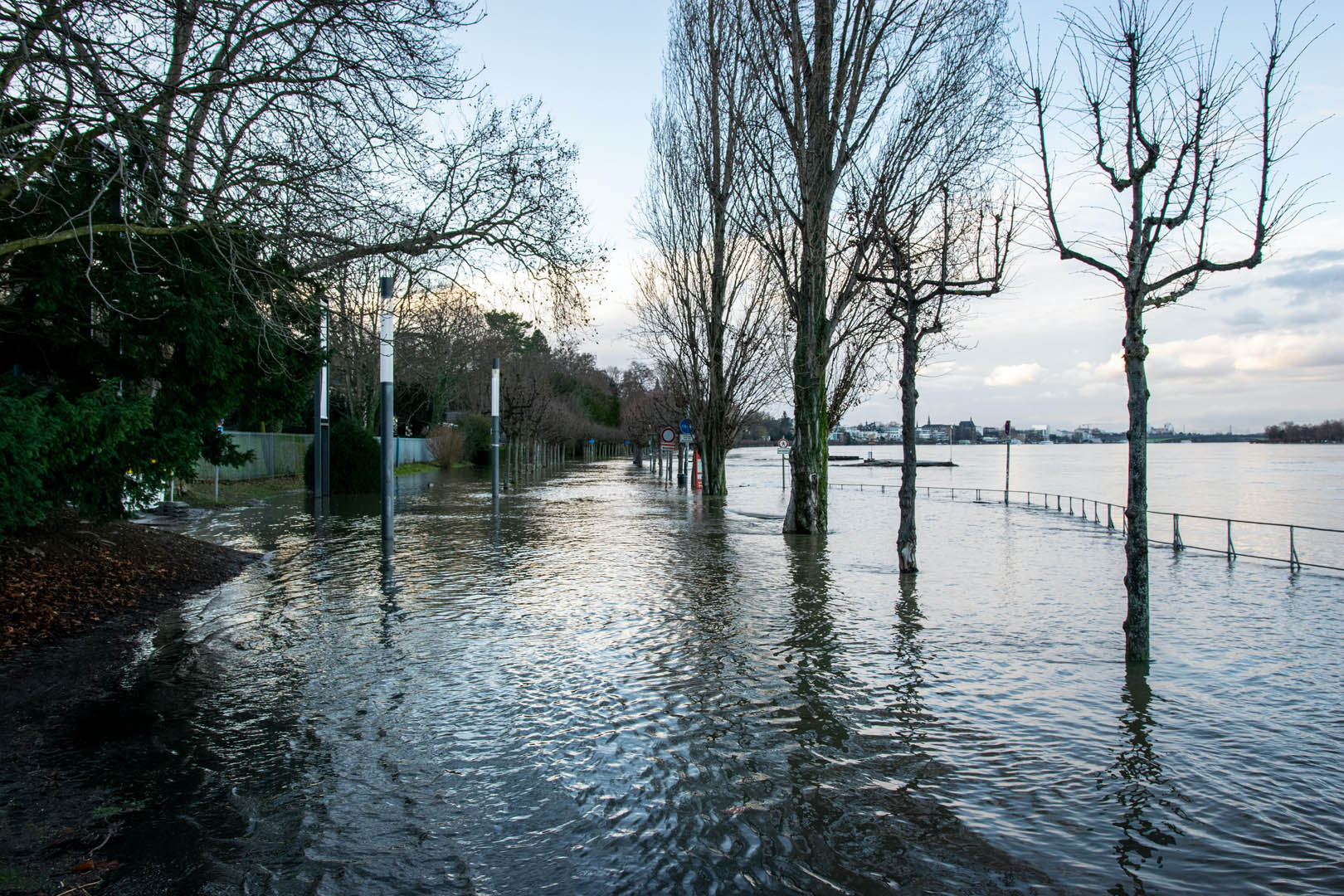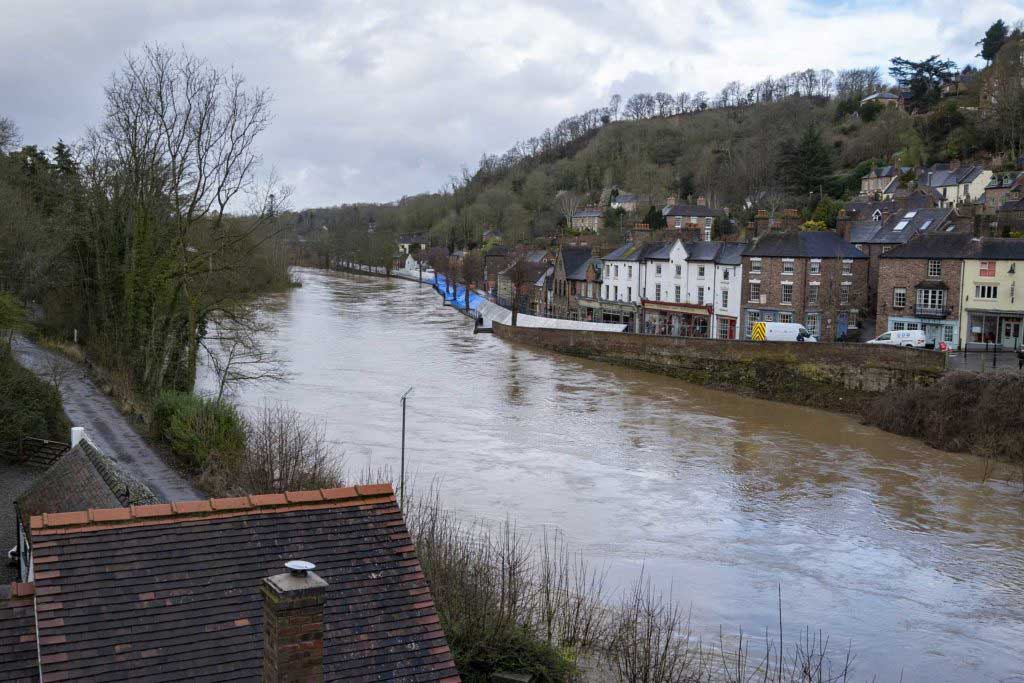
Flood Hydrology Improvements Programme
Flood Hydrology Improvements Programme
We are delivering a total of five projects involving specialists from across JBA. Below we highlight some of the biggest challenges we expect to face and how our approach is helping to contribute to the UK Flood Hydrology Roadmap.
- Client Environment Agency
- Location UK wide
- Wider
project
team Lancaster University, Newcastle University, University of Arizona, somewhere-nowhere, UKCEH, Sayers and Partners Ltd - Services
Open methods and data
Over the past decade, there has been a move towards openness in many areas of science, technology and government: open science, open data and open software. Reported benefits include better reproducibility, more freedom to innovate and wider inclusion.
This project considers the benefits and risks of moving towards approaches that use open methods and data in flood hydrology. One challenge is translating primarily academic concepts of open science into an operational context. An important question is how open hydrology methods and supporting datasets and software might be funded, maintained and governed. An aspiration of the project is to engage with the hydrological community in the UK to imagine a future of open hydrology and visualise its possibilities.
In order to explore this further we’re working with academic partners from Lancaster University, Newcastle University and the University of Arizona. Also in our project team are the environmental artists somewhere-nowhere, who will be developing materials and artwork to engage the imagination. This will include creating artwork and writing inspired by the natural environment to help stakeholders envisage a future in which hydrological methods and data are open.
Hydrological priorities and hydrometric network appraisal
The goal of this project is to identify ‘hydrological priorities’ – catchment types for future research and future investment in measurement. Our aim is to identify gaps in knowledge of hydrological processes, or where there is a lack of data to quantify them. This will guide future work to deliver improvements in data, tools and ways of working to better manage flood risk, as part of the Flood Hydrology Improvements Programme. This study will investigate the relative importance of particular catchment characteristics in contributing to flood risk. It will also explore how these priorities might evolve due to future environmental change, or different definitions of ‘risk’. The project will then evaluate how well observation networks provide coverage of the hydrological priorities, now and in the future.

Quantifying and communicating uncertainty in the hydrometric data that supports flood hydrology
Hydrological practitioners rely on hydrometric data to help build a safer, more sustainable world. Knowing more about the quality – or uncertainty – of that data will lead to better science and improve the hydrological element of flood risk management. At present, formal comparative measures of uncertainty are scarce. Working with partners at UKCEH and Lancaster University, this project will consider questions, and ultimately find answers, so that in the future, better information on uncertainty is openly available with the data in a form that all users can access and understand.

For more information about these projects, please contact Duncan Faulkner.



